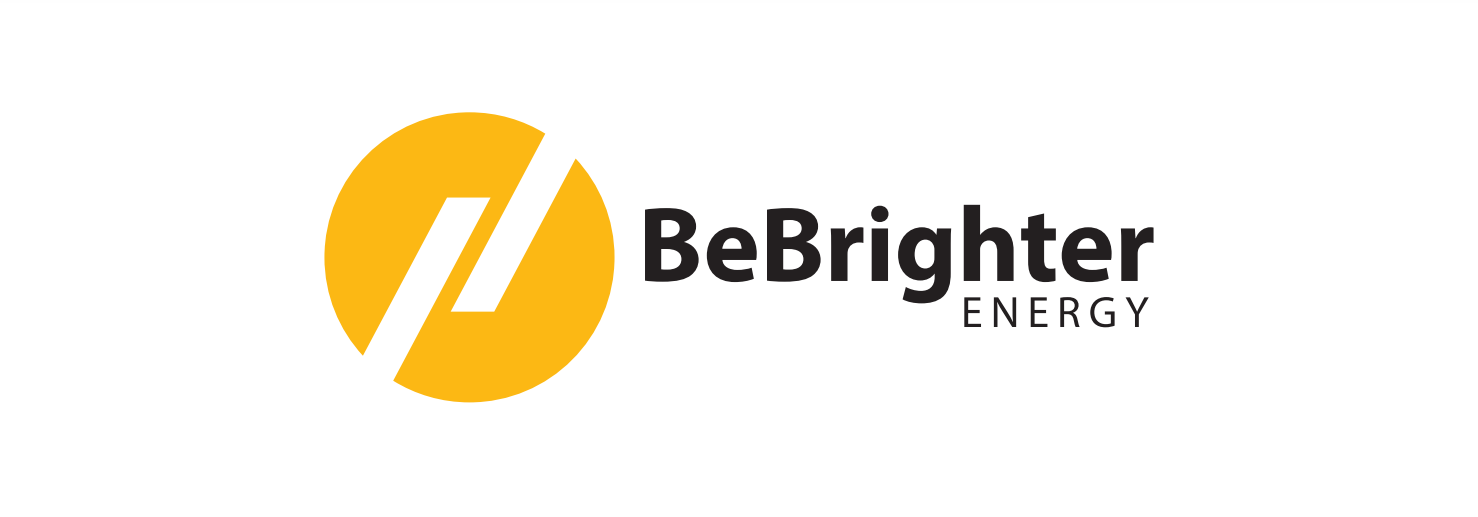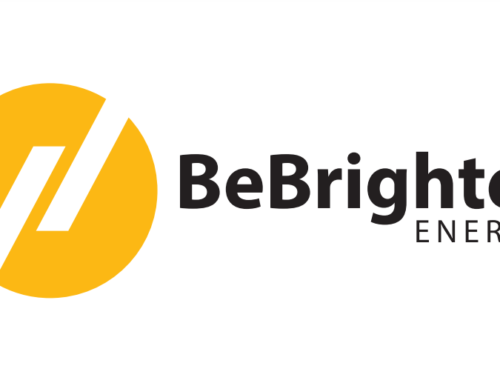Empowering Sustainability: The Surge of Solar Power Purchase Agreements in Europe and the Path to a Greener Future
The adoption of Power Purchase Agreements (PPAs) is on the rise in Europe, experiencing a threefold increase in transactions over the past four years. With over 180 deals signed in 2022 alone, the trend is particularly notable in solar projects, driven by corporations aiming to meet sustainability targets. PPAs are proving to be a strategic tool for expediting the transition to clean energy sources while ensuring cost stability. Long-term contracts featuring fixed or predictable prices are an attractive solution for enhancing corporate sustainability and mitigating price volatility.
Countries with favourable solar conditions, including Spain, Italy, Greece and Poland, are witnessing significant growth in photovoltaic (PV) power projects and solar PPAs. Spain, in particular, is experiencing a resurgence in solar PPAs due to competitive prices and abundant sunshine. The Spanish market has seen large-scale solar projects gaining attention from corporations and utilities, with IB Vogt’s 149 MW Garnacha solar power plant signing a 12-year PPA with Google in 2022.
The German and Italian markets are also emerging as competitive players in solar PPAs, complementing other growth pillars in Germany, such as invitations to tender and self-consumption. Italy, with its revised National Integrated Plan for Climate and Energy for 2030, anticipates a leading role for solar in its energy mix.
Notably, central and Eastern European markets, including Poland, Romania and Greece, are showing increased PPA potential. These emerging markets have raised their renewables targets, streamlined PPA regulations and become more appealing to corporate electricity purchasers.
Despite the growing interest in corporate PPAs, the large-scale solar investment market is still in its early stages. Intense competition has led to innovative deal structures, offering various contract terms. Fixed prices provide budgetary certainty but may miss out on market savings, while minimum price guarantees offer downside protection at a potential cost premium. Physical settlements provide direct energy supply but can be logistically complex and financial settlements offer risk management and flexibility but expose buyers to financial market and basis risk.
Decisions in PPA structures should align with risk tolerance, budget considerations and strategic goals, weighing the pros and cons of each pricing element to determine the most suitable approach.
Looking ahead, the future for solar PPAs in Europe appears promising. These agreements play a crucial role in achieving EU targets for renewable energy adoption and carbon emissions reduction. As more corporations commit to sustainability goals and supportive policies are implemented, the PPA market is poised for substantial growth. Key stakeholders, including project developers, corporations, utilities and financial institutions, are contributing to the flourishing PPA ecosystem. Integrating capabilities across these players is essential for delivering end-to-end solutions in the execution of PPA deals. IB Vogt, with a pipeline of over 45 GW of generation capacity, is committed to contributing to the growth and transformation of energy landscapes in the region, with around 28 GW located in Europe.



Leave A Comment